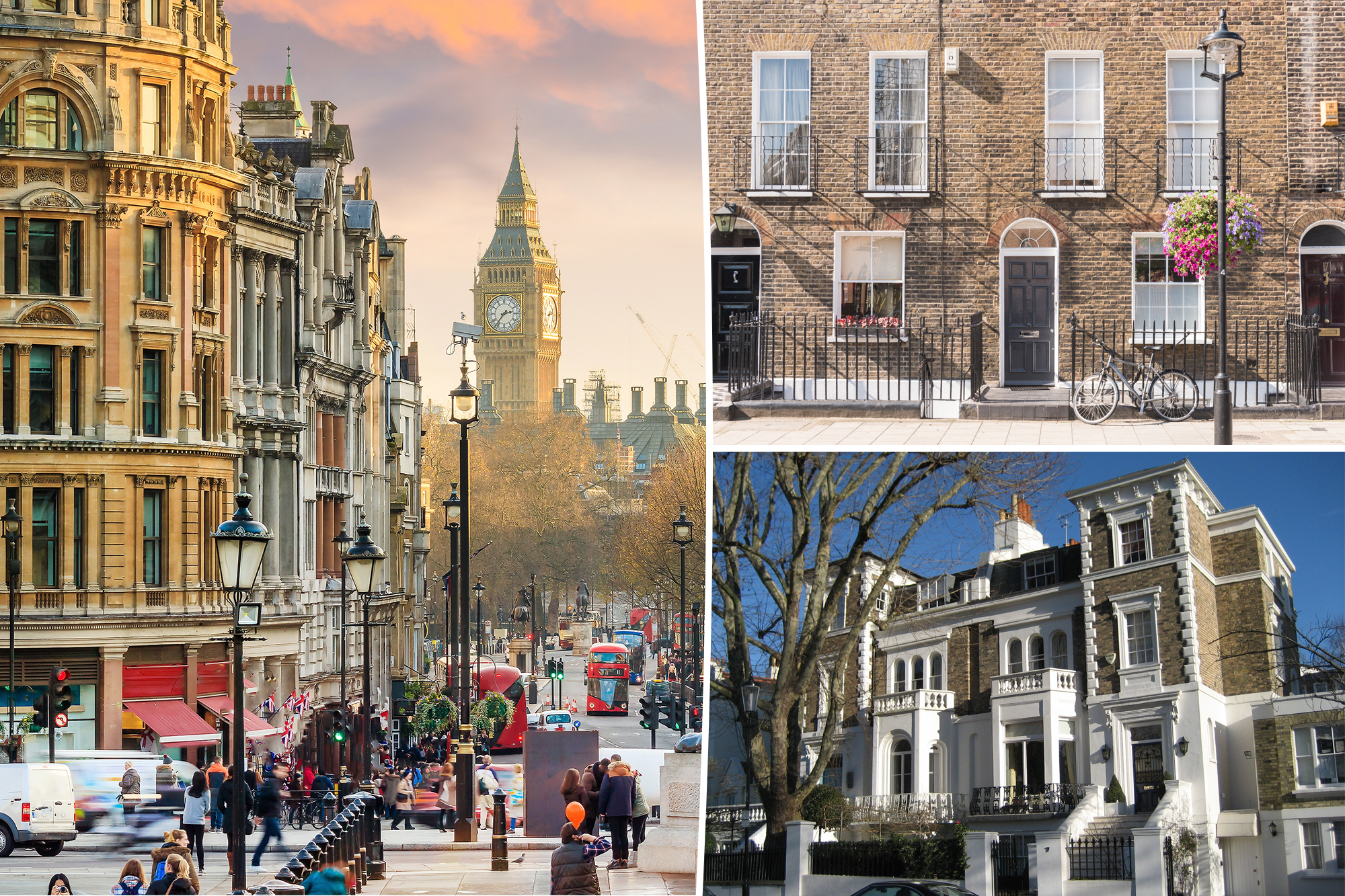T
he City of London's residential property market has taken a sharp downturn, leaving investors and homeowners questioning its future as a desirable neighborhood. After years of steady growth, with prices increasing by 40.5% between 2013 and 2022, the area has seen a significant decline in value, with sale prices tumbling by over 10% in 2024 alone.
Buyers are now favoring traditional neighborhoods like Mayfair over the City, which no longer offers the same value it once did. The rise of remote work, shifting buyer preferences, and rising interest rates have cooled demand for properties in the area. "The whole environment where people worked in the City for really long hours and wanted an apartment there is just not what people do anymore," said Tom Kain, a buying agent with Black Brick.
Developers had rushed to cash in on the area's popularity, launching high-end projects like One Bishopsgate Plaza and adding trendy restaurants and bars. However, the shift towards hybrid work has reduced the number of daily commuters, with weekday trips to the City dropping 21% between 2023 and 2024. This, combined with tax changes that have made property investment less attractive, has led to a buyer's market where homes struggle to attract attention.
Sellers are struggling to make a profit despite years of ownership and investment. Peter Brewer, a semi-retired hedge fund manager, listed his six-bedroom penthouse apartment for $5.02 million in November, hoping to turn a profit after a decade of ownership. However, he was forced to lower the price from £5 million ($6.25 million) due to the market conditions.
The City's challenges extend beyond falling prices. The shift towards hybrid work has reduced the number of daily commuters, and tax changes have deterred investors. Experts warn that the City's property market is firmly in buyer's territory, with vacancy rates plunging in the most desirable London submarkets. While some buyers still see value in the area's central location and convenience, many others are looking elsewhere.
"It is now a buyer's market," said Karl Graham, head of sales at John D Wood & Co. "Property will only sell if it is sensibly priced." The City's falling fortunes underscore a broader reckoning for London's property market, where the days of easy profits appear to be over.















